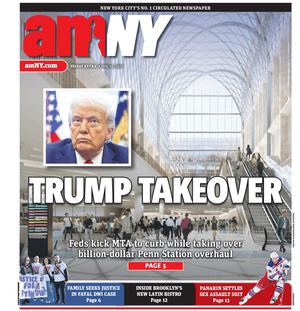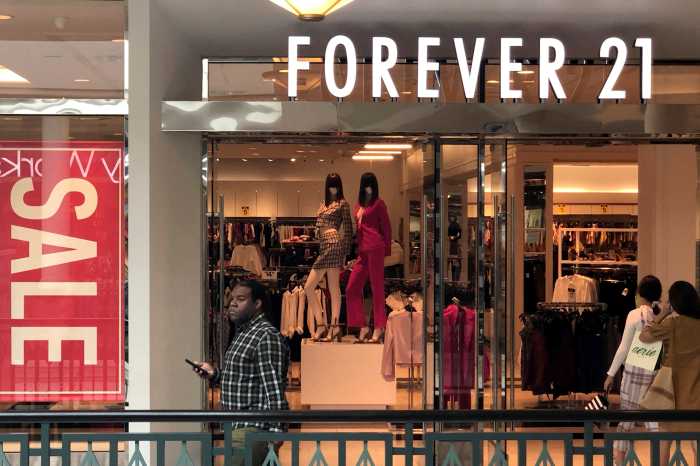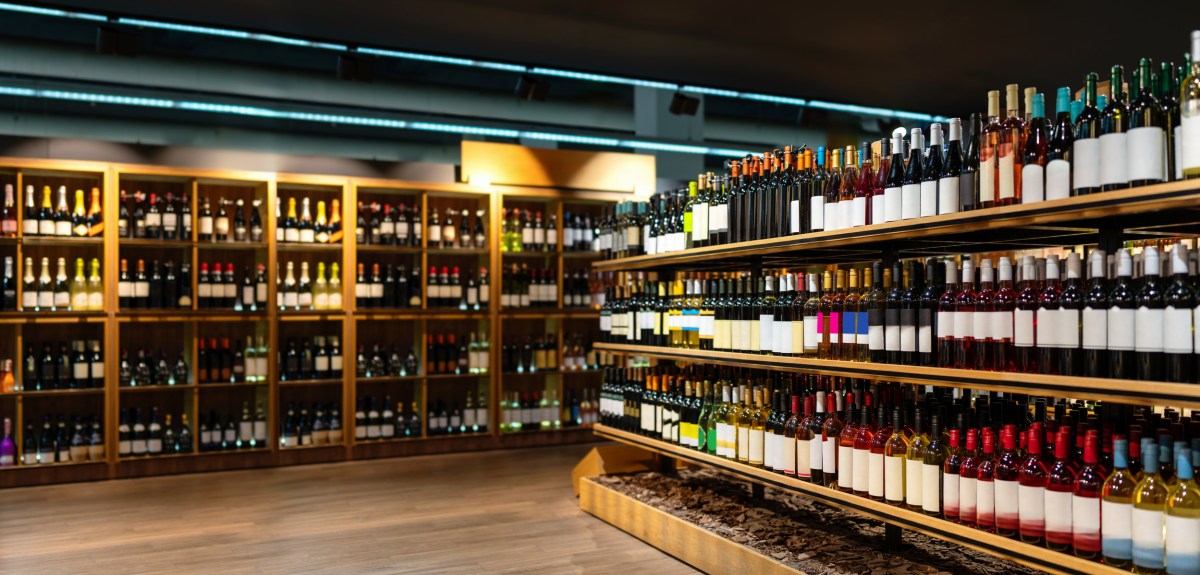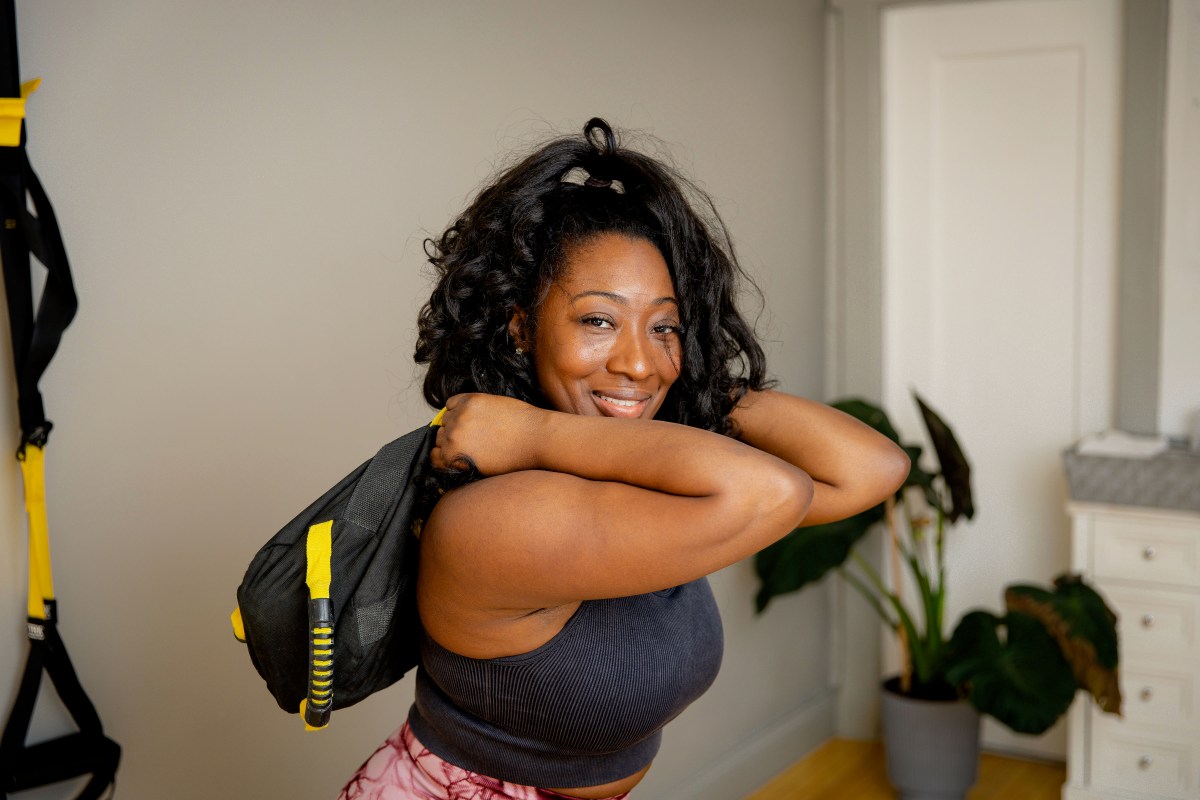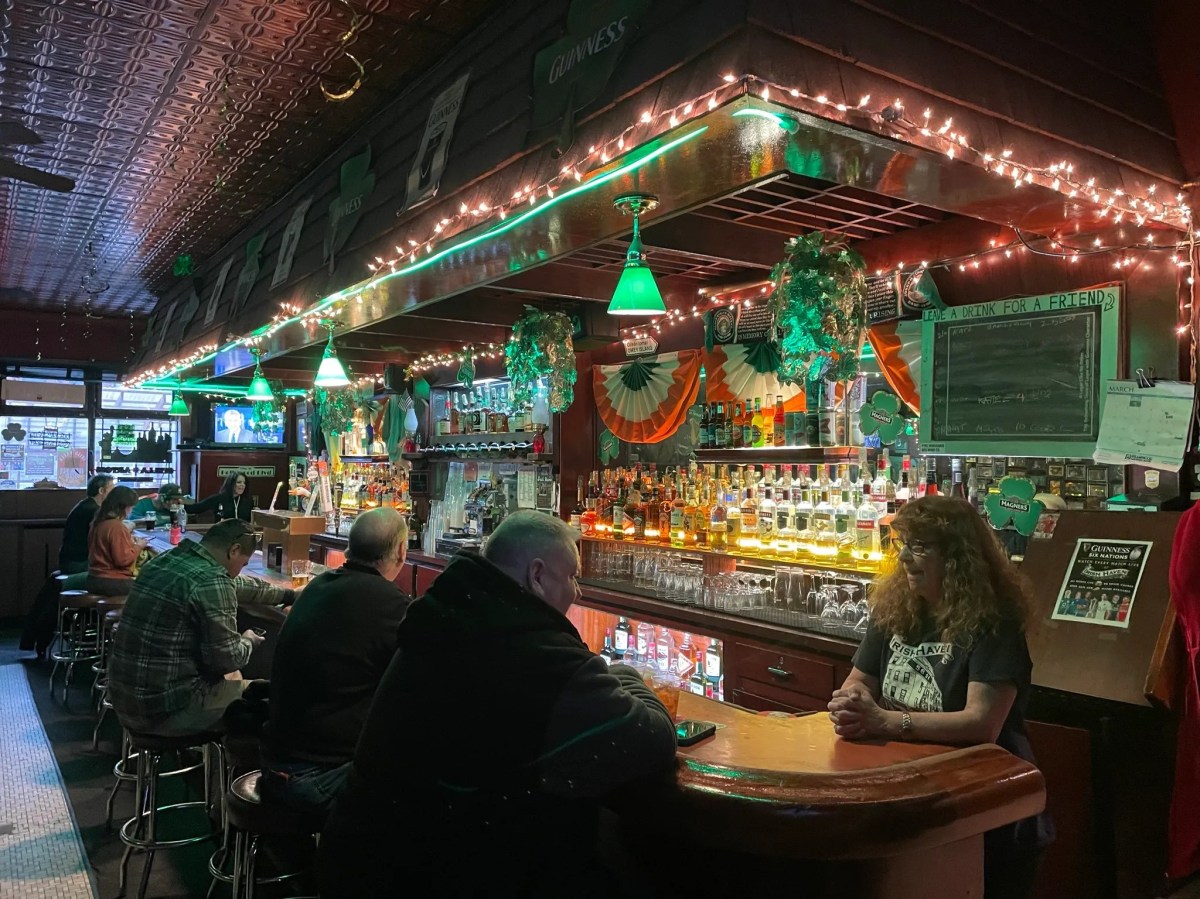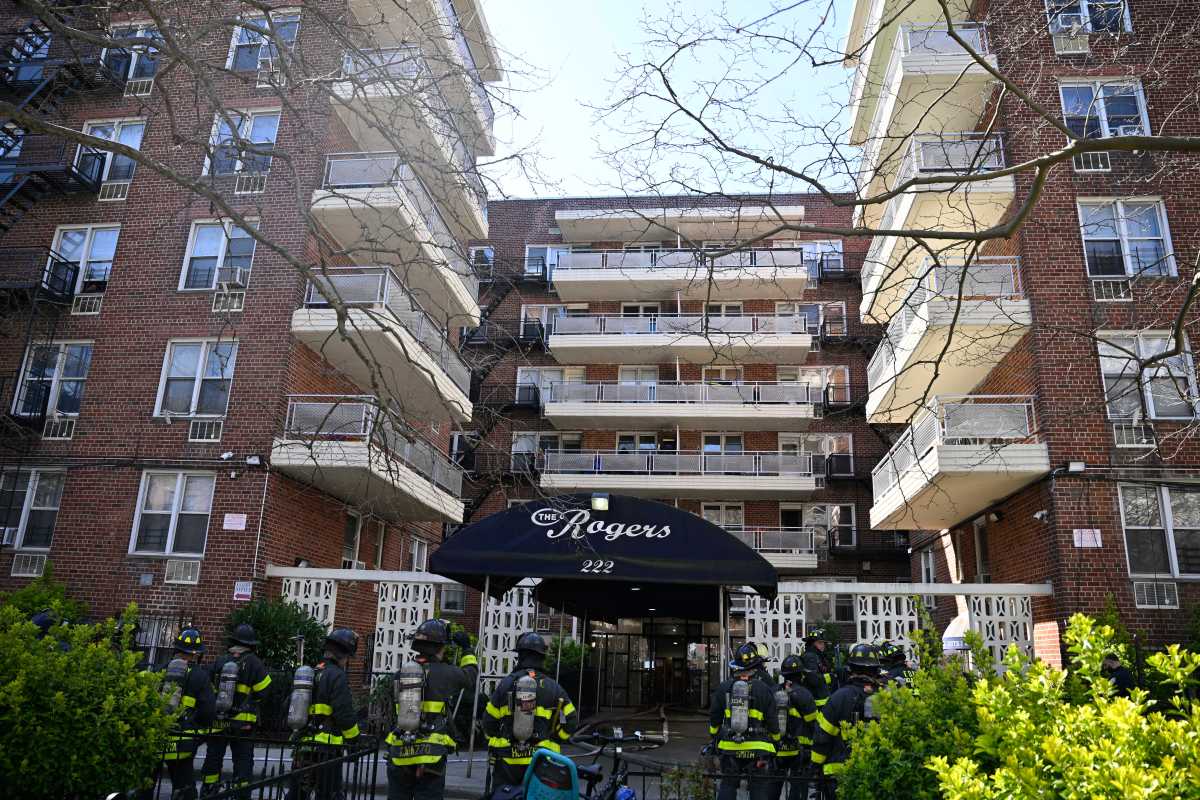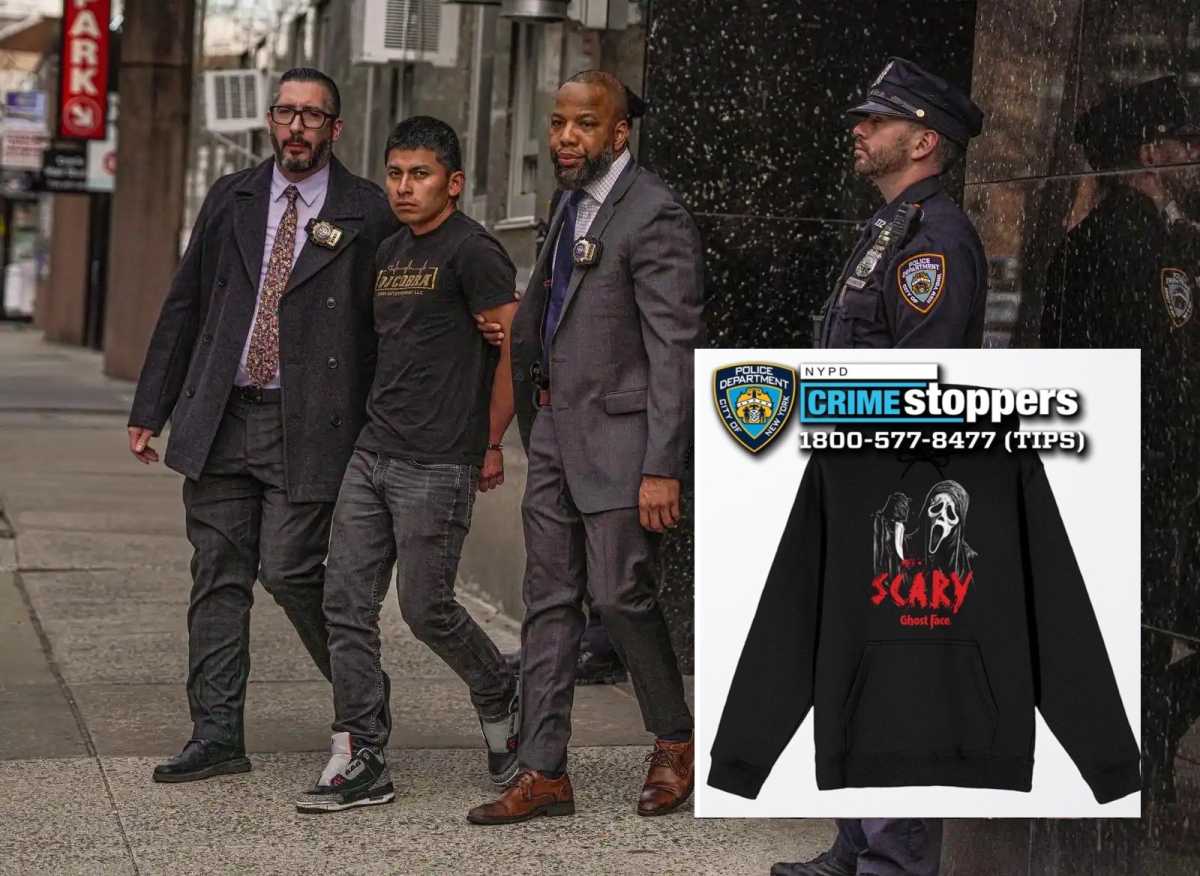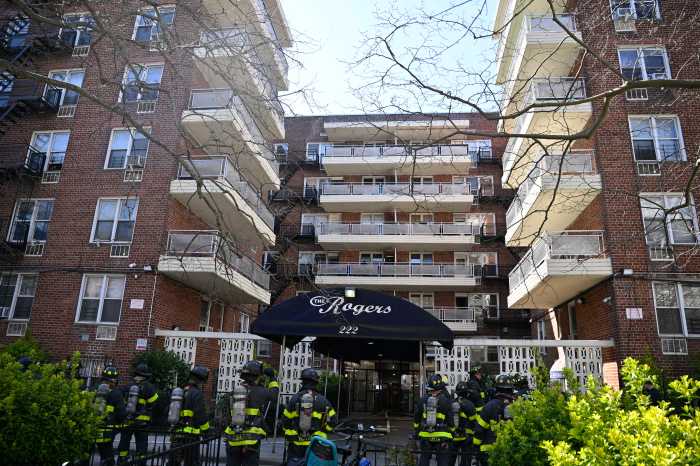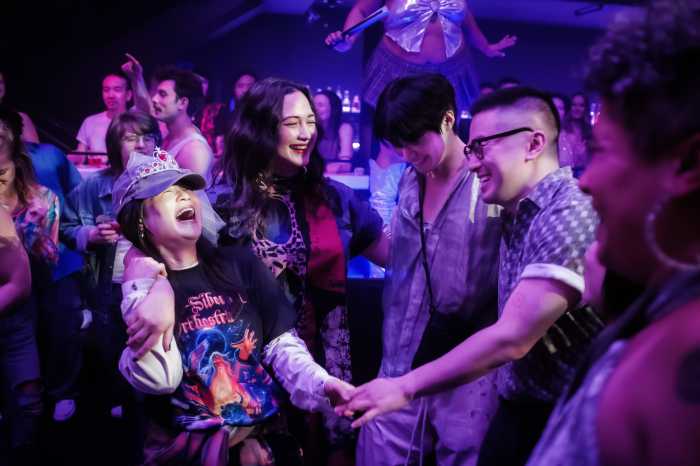Sasha Shor started with a successful career in advertising. After living in Dallas for a few years, she moved to New York City and founded Industry Media, a boutique agency serving big clients like VH1 and Spike TV.
But she couldn’t ignore her intrinsic love for Texas barbecue and Latin food, so in 2004 she closed her agency to chase her dream. Last April, she became executive chef of Tres Carnes, the slow-cooked and fast-served eatery hotspot that recently opened a second Manhattan location in the Financial District.
Shor, 41, created its unique, mouth-watering menu, and helps out around every aspect of the business she can get her oven mitts in. She lives in the Union Square area with her husband and two sons.
Why did you switch careers?
I’ve always had a huge passion for cooking. I grew up cooking; I knew that I would one day work in food professionally. It was one of my biggest dreams and one of the biggest creative outlets for me that allowed me to connect with something other than a computer.
What is a slow-cooked and fast-served eatery?
I don’t know how many else there are, we kind of invented this one in a way — you can have something that tastes like it was made over a very long period of time, something that was cooked very slowly, and you can get it very quickly, versus things that are made while you wait, like a salad bar or a sandwich bar or any other fast, casual restaurant. We cook things in a very time-honored tradition. So we cook all of our meats in a Texas-style barbecue, where they are dry-rubbed and they are smoked for a very long period of time on a low heat. It’s slow-cooked food served in a fast-serve environment.
How did you learn to cook this way?
I was always inspired by Latin food because, I feel like, I’m inspired by all foods that take a long period of time to cook, that come from a soulful place but have a history, have a rich history of culinary lineage. I’m Russian originally and a lot of the same types of techniques and the same types of recipe bases are similar between Latin cuisine and European cuisine, and I am very inspired by that kind of meat.
What was it like to create a menu for a restaurant?
Oh my gosh it’s so exciting. It’s really liberating and amazing and it’s such a creative outpouring of ideas. When you’re given the inspiration of the entire culture of Mexico and the entire culture of Texas barbecue, the possibilities are endless. Mexican food is incredibly fresh, the two are kind of opposite, fresh salsas and fresh tomatoes and vinegars and limes and flavors that have not necessarily been cooked for a long period of time, whereas the Texas side is very much so.
Did you get to eat a ton of food?
Yes, we did. Everyone did. We had a couple tastings where we invited some industry people, some media people, all of our friends all of our family, we let everybody try it. It was pretty fun.
Do you ever use your skills from advertising as a chef?
I actually do — also at the restaurant I do a lot of the brand work. I developed a lot of the brand materials, the logo, a lot of the signage; I also manage the mural, the street art mural that’s in the restaurant that was done by two very famous graffiti artists. Every Tres Carnes will have a mural on the wall commissioned by a graffiti artist.
What is the best and worst part of your new job?
I guess the best part is that I get to do something that’s so rooted in what I love, and that’s food and feeding people and giving people an intense and kind of full culinary experience in a very short amount of time, which is kind of lucky. I call it accessible authenticity. I guess the worst part of our job is that we’re growing so fast and I can’t be everywhere at once. I wish I could just kind of clone myself because I love every aspect of it and I want to work on all parts of the restaurant.
Do you think you want to be a chef forever?
I would love that; if that would happen that way, that would be fantastic. Chefs these days are held on a pretty high pedestal, I feel like it’s finally a profession that has sort of been elevated to the place that it deserves. It’s finally seen as something that’s sexy and cool and wonderful, versus a back-of-house, in-the-kitchen kind of job.
Looking back, do you wish you had gone into this originally?
No. You know, I actually think that the way things lined up in my life is exactly how I would have wanted it to work, I wouldn’t change a thing. I feel like my background in marketing and branding and consumer insights and all the things that I used to do in that creative field, it’s a huge benefit to what I currently do because I understand that much better how people think, what people want.
Do you have any advice for readers who are considering a career 180?
Don’t stop ’til you find your true passion. You’ll never feel fulfilled completely if you don’t eventually go after what your heart really tells you to do. It’s worth the shift, because the shift isn’t easy.
